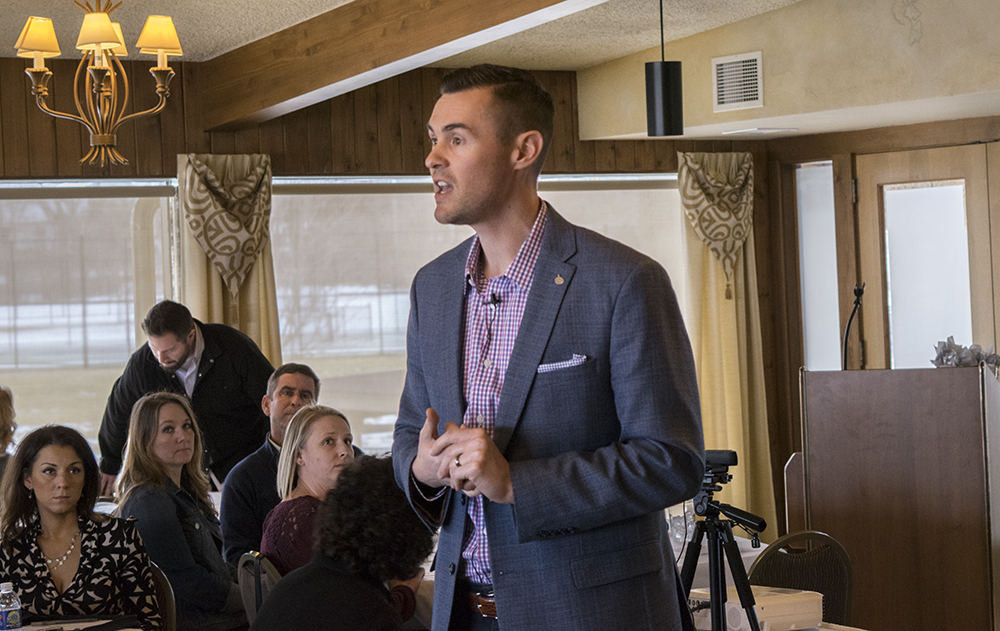
These book notes represent passages from Deep Work by Cal Newport that hold significant meaning and possibly expanded research potential in my personal journey of peak performance.
Some passages may speak to you, others will not.
Completed this book October 2018.
Deep Work: Professional activities performed in a state of distraction-free concentration that push you cognitive capabilities to their limit. These efforts create new value, improve our skill, and are hard to replicate.
Shallow Work: Noncognitively demanding, logistical-style tasks, often performed while distracted. These efforts tend to not create much new value in the world and are easy to replicate.
“Our work culture’s shift toward the shallow is exposing a massive economic and personal opportunity for the few who recognize the potential of resisting this trend and prioritizing depth.”
“A deep life is a good life.”
“If you can’t learn, you can’t thrive.”
“If you don’t produce, you won’t thrive–no matter how skilled or talented you are.”
Law of Productivity:
High-Quality Work Produced = (Time Spent) x (Intensity of Focus)
The Principle of Least Resistance: In a business setting, without clear feedback on the impact of various behaviors to the bottom line, we will tend toward behaviors that are easiest in the moment.
“Clarity about what matters provides clarity about what does not.”
Csikszentmihalyi on Flow: “The best moments usually occur when a person’s body or mind is stretched to its limits in a voluntary effort to accomplish something difficult and worthwhile.”
“To build your working life around the experience of flow produced by deep work is a proven path to deep satisfaction.”
The task of a craftsman “is not to generate meaning, but rather to cultivate in himself the skill of discerning the meanings that are already there.”
~ All Things Shining, by Hubert Dreyfus and Sean Dorrance Kelly
Eudaimonia: a state in which you’re achieving your full human potential.
“You have a finite amount of willpower that becomes depleted as you use it.”
Theory of Serendipitous Creativity: The key is to maintain a hub-and-spoke-style arrangement: expose yourself to ideas in hubs on a regular basis, but maintain a spoke in which to work deeply on what you encounter
Attention Restoration Theory: the claim that spending time in nature can improve your ability to concentrate.
Deliberate Practice: is the systematic stretching of your ability for a given skill.
“We have scales that allow us to divide up people into people who multitask all the time and people who rarely do, and the differences are remarkable. People who multitask all the time can’t filter out irrelevancy. They can’t manage a working memory. They’re chronically distracted. They initiate much larger parts of their brain that are irrelevant to the task at hand…they’re pretty much mental wrecks.”
“Don’t take breaks from distraction. Instead, take breaks from focus.”
The Craftsman Approach to Tool Selection: Identify the core factors that determine success and happiness in your professional and personal life. Adopt a tool only if its positive impacts there factors substantially outweigh its negative impacts.
The Law of the Vital Few: In many settings, 80 percent of a given effect is due to just 20 percent of the possible causes.
“Fixed-schedule productivity, in other words, is a meta-habit that’s simple to adopt but broad in its impact.”
“Develop the habit of letting small bad things happen. If you don’t, you’ll never find time for the life-changing big things.”
Tim Ferris
Cal Newport maintains a tremendous work product. You can read more from Cal Newport on his blog Study Hacks.
And I highly recommend picking up a copy of Deep Work on Amazon today!
Thank you,
Ryan HanleyP



© Copyright 2025 Finding Peak LCC
All rights reserved.